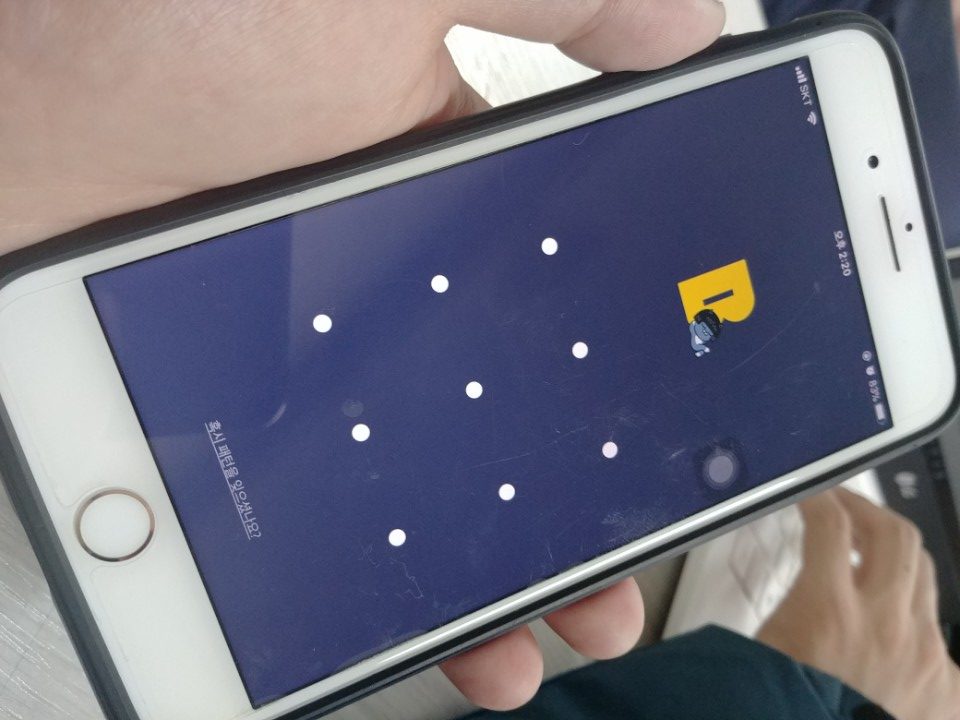The Peninsula
Deregulation Reveals Power Imbalances

What Happened
- Until December 2020, Korea maintained a singular publicly mandated digital authentication system for accessing online services. Surveys showed that this protocol was unpopular among users.
- In December 2020, the government began allowing online vendors to use authentication systems of their choosing.
- However, the change has caused confusion as many people are now unable to access online services using verification systems that are not approved by the vendor of the digital platform.
Implications: Market deregulation tends to benefit larger players in the industry over consumers. The Korean government’s decision to allow online vendors to choose their own authentication system has opened the way for large digital platforms offering verification processes that are favorable to their goals. For instance, the digital banking app KakaoBank looks to adopt a system that can be used by international users – a step towards the company’s goal of becoming “the Amazon or Facebook in the finance sector.” Meanwhile, consumers face a digital market space with a jumble of security systems that have complicated online transactions. This may worsen the country’s digital gap problem – already a large segment of the population face difficulties accessing online services.
Context: The old public digital authentication system was introduced in 1999 to help people more easily access government services online, including tax payments. However, the system has faced public scrutiny throughout the years for its many software requirements. In addition, Korean nationals living abroad faced difficulties accessing domestic online services. Changes to the system were part of President Moon Jae-in’s campaign pledge in the 2017 elections.
This briefing comes from Korea View, a weekly newsletter published by the Korea Economic Institute. Korea View aims to cover developments that reveal trends on the Korean Peninsula but receive little attention in the United States. If you would like to sign up, please find the online form here.
Korea View was edited by Yong Kwon with the help of Yubin Huh, and Janet Hong. Picture from the Wikimedia Commons.
